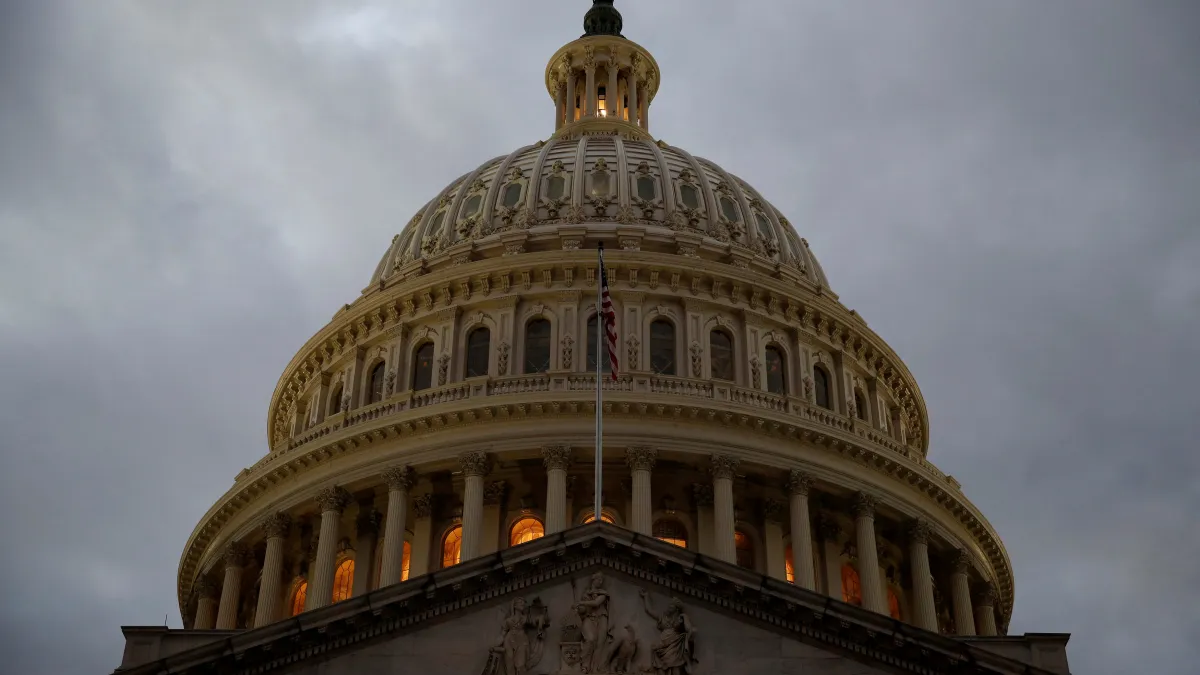
The sweeping Republican tax-and-spending bill that would deliver on much of President Donald Trump's agenda would increase deficits by about $2.8 trillion over 10 years, once its economic effects are taken into account, the Congressional Budget Office announced Tuesday.
On a dynamic basis - which takes into account economic growth, inflation and interest rate movements generated by the legislation - the bill would reduce federal revenues by $3.546 trillion over a decade, while cutting outlays by $774 billion, resulting in an increase in deficits of roughly $2.8 trillion.
The bill would cause gross domestic product to grow by 0.5% on average over the 10-year period. Inflation would increase by a small amount, CBO said, while raising interest rates on 10-year Treasury notes by 14 basis points on average.
Additionally, the bill, which passed the House in May and is currently under consideration in the Senate, would require increased borrowing by the federal government. Publicly held debt as a percentage of GDP would rise to 124%, an increase from the 117% level projected in January. As CBO noted, according to "long-standing convention," the cost of this change is not included in the total cost estimate. But if it were, the total overall increase in deficits as a result of the bill is estimated to be roughly $3.4 trillion from 2025 to 2034.
Even higher deficits: The latest CBO analysis finds that the bill would generate more debt when considered on a dynamic basis than it would on a static basis; the CBO concluded that the bill would raise deficits by $2.4 trillion in its static analysis published in May. The increase in interest rates accounts for much of the higher cost in the new analysis.
The results undermine a key argument Republicans are making in favor of the bill: that it will generate so much economic growth that it will pay for itself while lowering debt and deficits in the long run.
"It's not only not paying for all of itself, it's not paying for any of itself," said Marc Goldwein of the fiscally conservative Committee for a Responsible Federal Budget.
Jessica Reidl, a fiscal expert at the conservative Manhattan Institute, said, "First time I've seen a tax cut so poorly designed that the dynamic score RAISES the cost by $356 billion." Reidl added that the small increase in growth generated by the bill would be "dwarfed" by higher interest costs.
Rep. Brendan Boyle, the senior Democrat on the House Budget Committee, said the CBO score demonstrates that the Republican argument is fanciful. "Today's CBO score will disappoint every Republican who hoped tax breaks for billionaires would magically pay for themselves," he said in a statement. "Their handouts to the mega-rich will add trillions to the national debt."